Musk proposes ‘DOGE dividends’ for US taxpayers amid federal budget cuts
- Update Time : Thursday, February 20, 2025
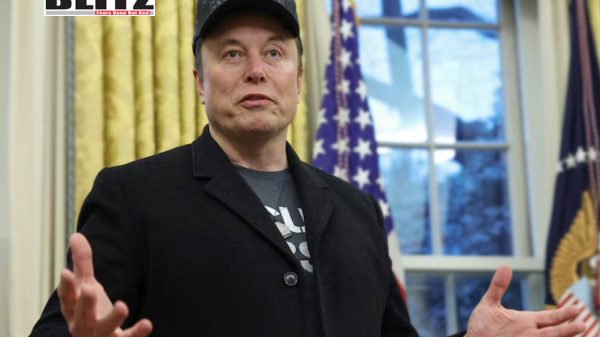
Elon Musk has floated the idea of distributing a portion of the federal savings generated by the Department of Government Efficiency (DOGE) as a direct financial benefit to US taxpayers. The billionaire entrepreneur, who currently heads DOGE, indicated that he would discuss the proposal with President Donald Trump.
Since Trump’s inauguration on January 20, DOGE has been spearheading aggressive budget audits and cost-cutting measures across multiple federal agencies. The department aims to slash government spending by $2 trillion by 2026. On February 18, James Fishback, the CEO and co-founder of Azoria, suggested on social media platform X that some of these savings be redistributed to the American people in the form of ‘DOGE dividends.’
Fishback’s proposal outlines that 20% of the anticipated savings-approximately $400 billion-be allocated as tax refunds to American taxpayers, while the remaining 80% would be used to help reduce the national debt, which currently exceeds $36 trillion. Based on current estimates of 79 million tax-paying households in the US, this initiative could result in an estimated one-time payment of $5,000 per household.
Fishback argues that these dividends would serve multiple purposes. First, they would compensate taxpayers for what he describes as years of “egregious misuse and abuse of their hard-earned tax dollars” that DOGE has uncovered in its audits. The initiative would also provide an incentive for citizens to report government waste and inefficiency.
Moreover, Fishback contends that such an initiative would help restore public confidence in the federal government, enhancing what he calls “tax morale”-a term referring to citizens’ willingness to comply with tax obligations when they perceive the system as fair and efficient. By giving taxpayers a tangible reward for improved fiscal governance, the initiative could foster a greater sense of accountability within the federal bureaucracy.
Responding to Fishback’s idea, On February 19, Musk acknowledged the proposal on X and said he would “check with the president” about its feasibility.
On the same day, DOGE released its first major savings report, claiming to have already identified and implemented $55 billion in cost reductions. The department has aggressively targeted bureaucratic inefficiencies, eliminating redundancies, and exposing fraud and wasteful expenditures across multiple federal agencies.
One of the most significant cost-cutting measures undertaken by DOGE involved terminating more than 100 federal contracts linked to diversity, equity, and inclusion (DEI) initiatives. These terminations alone reportedly saved over $1 billion. Additionally, DOGE has focused on streamlining procurement processes, reducing administrative overhead, and identifying unnecessary programs that consume taxpayer dollars without delivering measurable benefits.
Musk and his team at DOGE argue that these measures represent only the beginning of a broader fiscal overhaul that will result in trillions of dollars in savings. While the department has yet to confirm an official policy regarding the proposed DOGE dividends, the growing interest in the initiative suggests that it could gain traction within the administration.
While the concept of DOGE dividends may appeal to many taxpayers, the plan is likely to face significant hurdles. Critics argue that reallocating federal savings directly to taxpayers could undermine other essential government programs. Opponents also caution that even if $400 billion were distributed, it would be a relatively small fraction of the total national debt and might not meaningfully impact long-term fiscal stability.
Another challenge stems from the political landscape. With the 2026 budgetary goal looming, some lawmakers may resist any proposal that redirects funds away from existing programs or military expenditures. Additionally, economists have raised concerns about the potential inflationary impact of injecting such a large sum of money into the economy at once.
On the other hand, proponents of the plan argue that it could set a precedent for more responsible fiscal governance. By demonstrating that government savings can translate into direct financial benefits for citizens, they believe that similar initiatives could gain bipartisan support in the future.
The public response to the DOGE dividends proposal has been mixed but largely positive among taxpayers. Many Americans, frustrated with years of what they perceive as excessive government spending and mismanagement, see the idea as a welcome change. Social media discussions have been buzzing with debates on how best to implement the plan and whether it should be extended beyond a one-time payout.
Economic analysts point out that, if implemented, the DOGE dividends could serve as a form of economic stimulus. At a time when many American households are struggling with inflation and rising costs of living, a $5,000 check could provide much-needed relief. However, whether such a payout would be sufficient to counteract the broader economic challenges facing the country remains uncertain.
Musk’s statement that he will discuss the proposal with President Trump suggests that the idea is being seriously considered. Whether it will materialize into a concrete policy remains to be seen. The White House has not yet issued an official response, but political analysts expect the administration to weigh the plan carefully in the coming weeks.
Meanwhile, DOGE is expected to continue its aggressive cost-cutting agenda, identifying additional savings and presenting its findings in periodic reports. The department’s next fiscal update, anticipated in the coming months, will likely shed further light on the long-term viability of the DOGE dividends proposal.
As Musk and DOGE push forward with their reforms, the debate surrounding federal spending, taxpayer rights, and fiscal responsibility is poised to take center stage in the national discourse. Whether the DOGE dividends become a reality or remain a well-intended concept will largely depend on the administration’s willingness to embrace a novel approach to public finance.


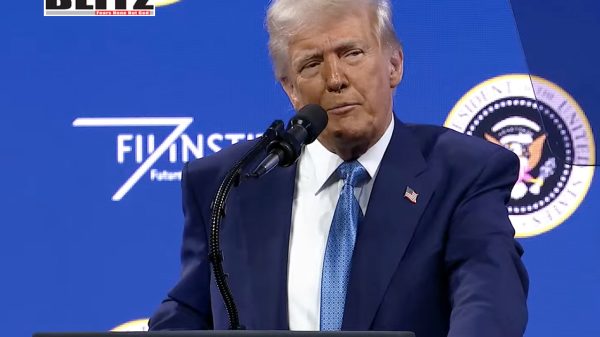

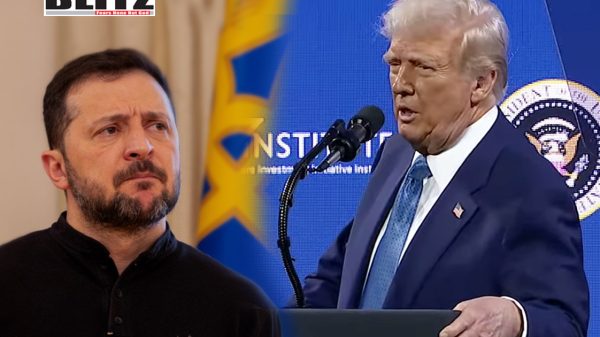

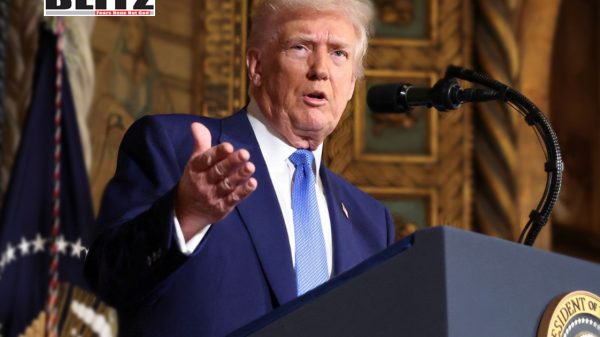



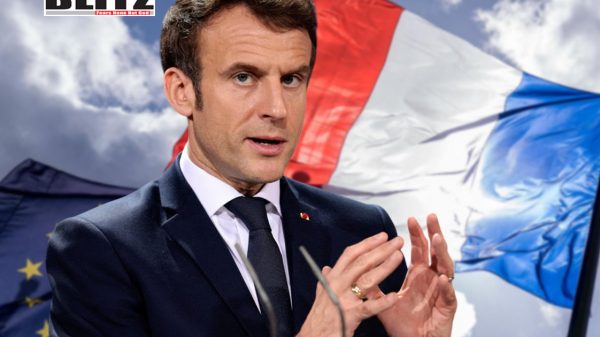




Leave a Reply